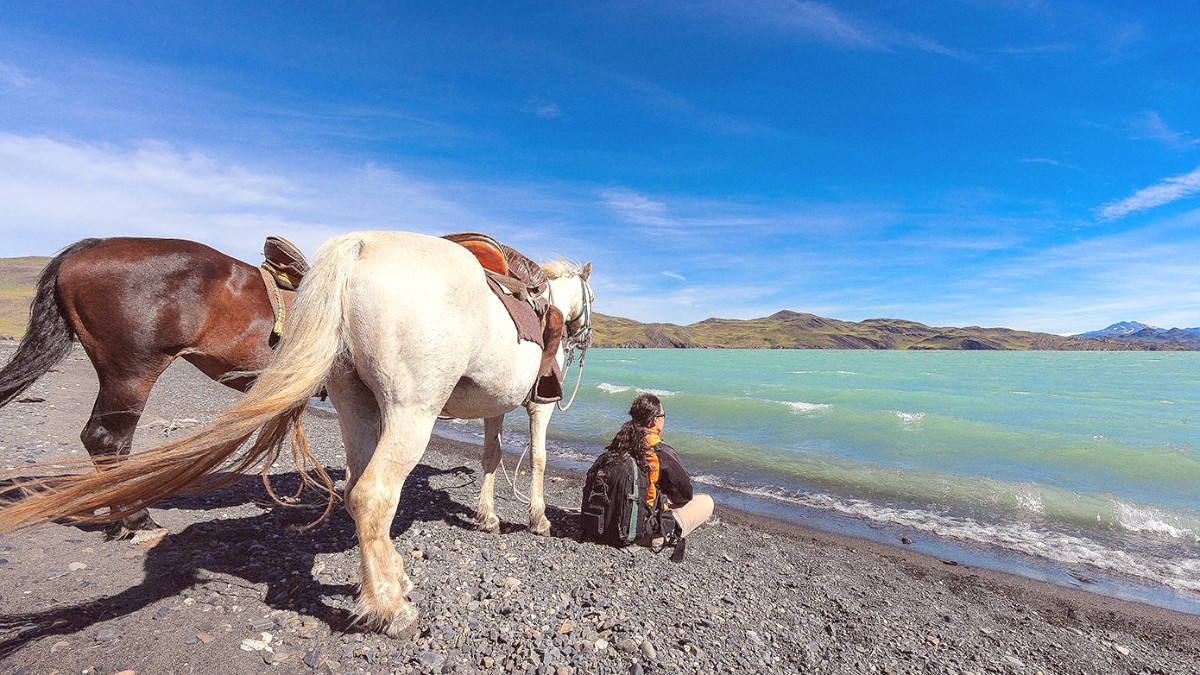
The territory has a hot, humid tropical climate throughout the year. Temperatures typically range from 75°F (24°C) to 88°F (31°C). Expect significant rainfall in all months. This consistent warmth and humidity support specific packing choices and daily activities.
Tokelau does not have distinct "high" or "low" tourism seasons in the traditional sense. Visitor numbers remain extremely limited due to the infrequent and irregular ship schedule.
Entry to Tokelau does not use a formal visa system like most countries. Instead, you apply for permission to enter.
The Tokelau Apia Liaison Office in Apia, Samoa, typically manages this process. Most visitors secure advance approval. IVisa and VisaHQ offer consumer visa application services for various destinations, which might clarify initial steps for Samoa.
Prepare documents in advance.
A passport valid for at least six months beyond your intended stay is generally necessary.
Provide copies of your passport and personal information for the entry permit application to the Tokelau Apia Liaison Office.
An informal process.
There are no standard entry fees for Tokelau itself.
Immigration procedures occur upon arrival by ship, coordinated with local authorities. A local representative typically greets visitors.
General visitors find no special requirements.
No formal special permits for activities or areas are required for general visitors staying in homestays.
No specific health checks or vaccinations are mandated for entry to Tokelau itself. Standard tropical vaccination recommendations apply.
The official currency of Tokelau is the Samoan Tala (WST). There are no ATMs, banks, or credit card facilities on any of the Tokelau atolls. Bring sufficient Samoan Tala cash from Samoa to cover all expenses.
Travel is mainly limited to community-based homestays. These stays are often all-inclusive. You pay a fixed daily or per-stay rate that covers accommodation and meals, simplifying budgeting once on an atoll.
Homestay costs are typically fixed per person per day or per stay and include meals. Rates are generally modest, e.g., $50-100 WST per day including meals.
The major cost is the return ship fare from Apia, Samoa, potentially several hundred WST. Book this well in advance.
There are no paid attractions or entry fees to sites. Experiences rely on participation in local life.
Tipping is not a traditional part of Tokelau culture. Your payment supports your hosts and the community.
Travel costs are largely fixed by the ship fare and homestay rate. Bring sufficient cash in small denominations.
Bring a complete supply of health and wellness items. Local options are non-existent.
Sunburn, dehydration, and heatstroke from the intense sun and humidity are common. Coral cuts can occur when walking on reefs, leading to infections if not cleaned promptly.
Each atoll has a basic dispensary with a nurse or medic. These facilities handle minor injuries. Serious emergencies typically require expensive and difficult evacuation to Samoa.
Emergency procedures are managed by the local Council of Elders and limited healthcare staff.
Tokelau provides an unique and authentic travel experience that contrasts with conventional tourism.
Expect very limited or no internet and mobile phone service. This disconnection is part of the charm, encouraging full immersion in local life.
It provides an opportunity to truly disconnect from the digital world and connect with the natural environment and community.
Tokelauan society is deeply communal and values modesty. Dressing respectfully in villages and participating in community activities are appreciated.
Observe modesty, especially near churches or during formal gatherings.
The atolls are fragile ecosystems. Visitors should minimize waste and respect marine life. Practice extreme waste reduction.
Bring reusable items and take all non-biodegradable waste with you.
Do not litter or disturb natural habitats.
Travel to Tokelau is slow and dependent on ship schedules. Embrace flexibility and patience with travel timings and local rhythms.
Plan extra buffer days for potential delays in Samoa and Tokelau.
Ship schedules can change due to weather or operational issues.
| Aspect | Details | Notes |
|---|---|---|
| Exit Fees | No standard exit fees reported for departing Tokelau. | Verify latest information with Tokelau Apia Liaison Office. |
| Departure Procedures | Coordinate closely with the Tokelau Apia Liaison Office and local authorities for the return journey. | Procedures are handled locally before boarding the ship. |
| Timing Recommendations | Arrive early for departure due to the informal nature and potential ship schedule shifts. | The ship operates on its own timetable. |